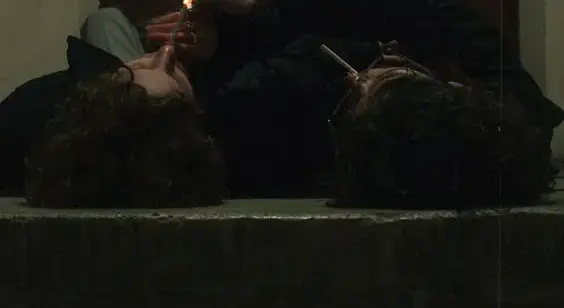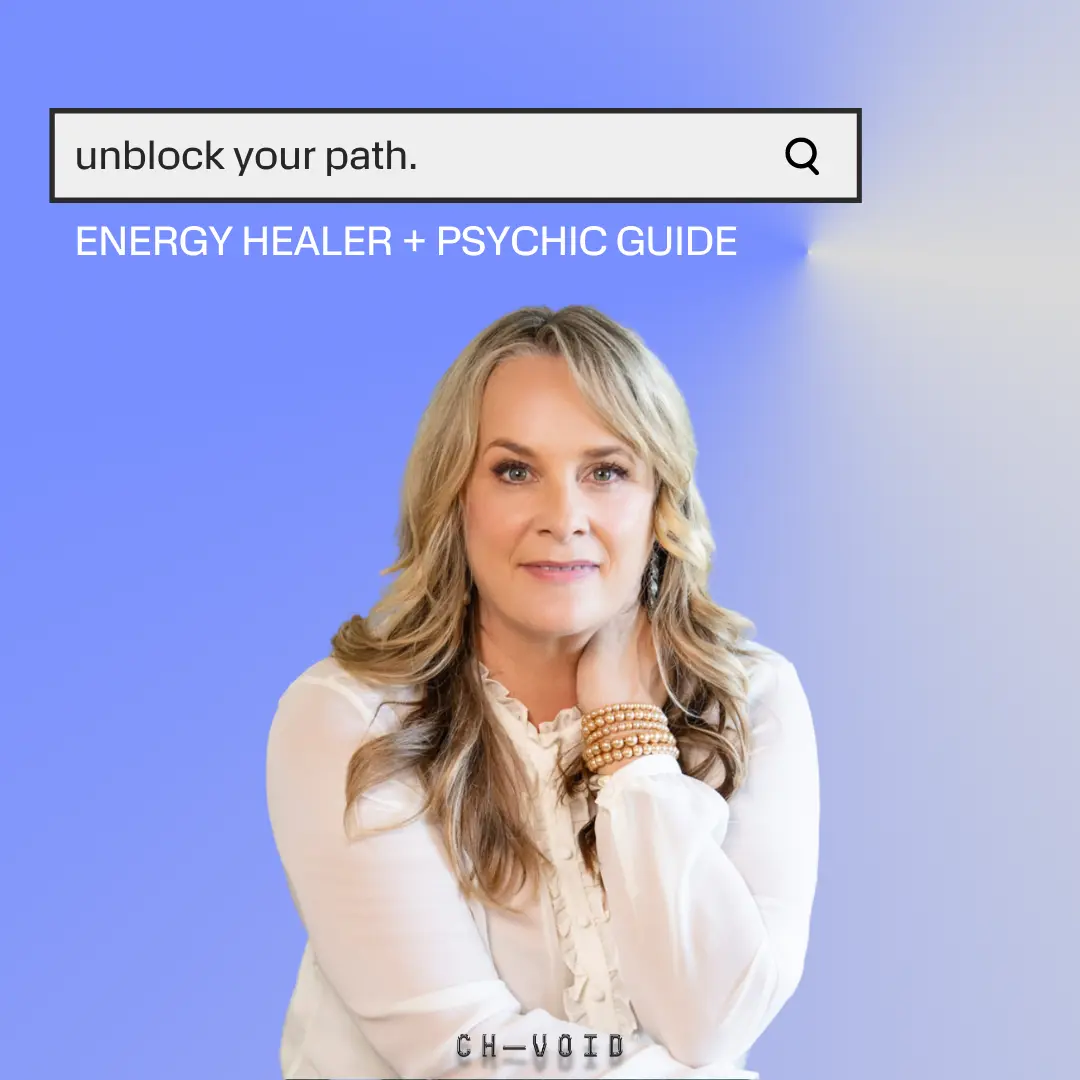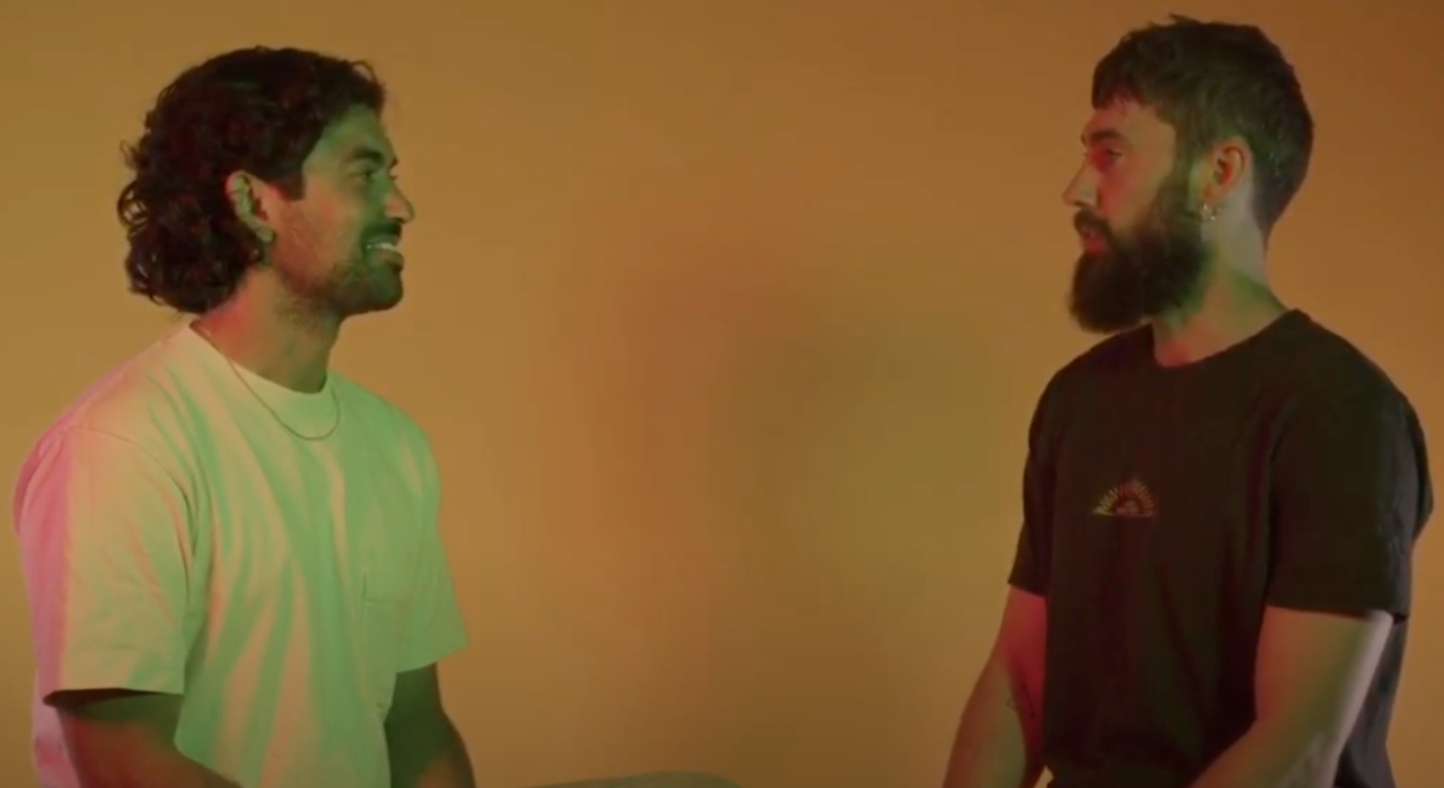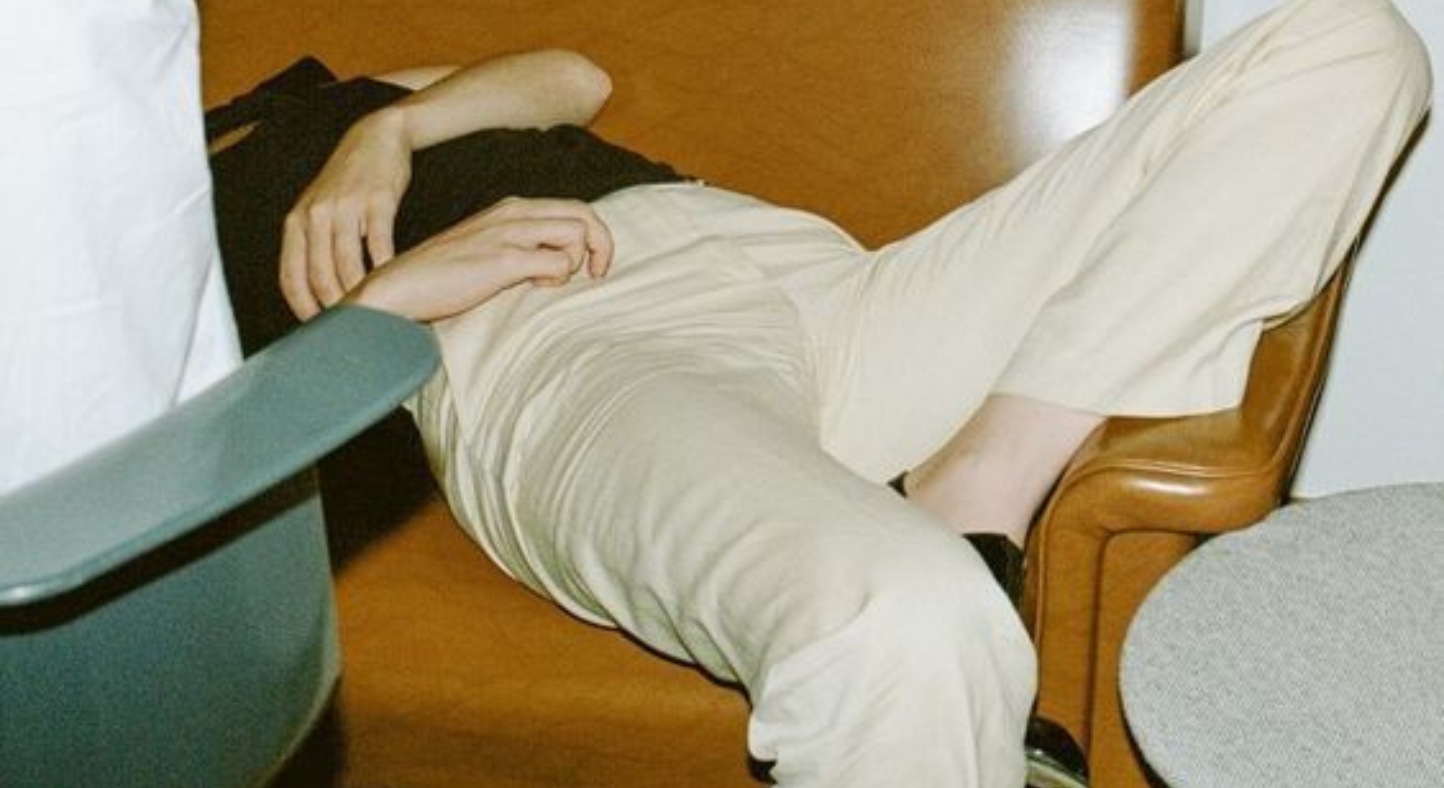WE WERE SCARED TOGETHER
NO ONE TALKS ABOUT HOW LONG IT TAKES TO RECOVER FROM A NARCISSIST.
This essay references sexual and emotional violence.
Our life together was wrought with emotional earthquakes.
She would annihilate me with language, blatant in its attempt to wound. She knew which things hurt the most, like likening me to my mother’s shadow, framing my sensitivity as weakness, pointing to the more public parts of my profile as disgustingly self-indulgent. And in those moments, she meant those words. And some part of me began to accept them as true.
She was aware of her Borderline Personality Disorder, but apologies for her unfriendly Other mostly came in the form of ‘Wanna do a workout?’ or ‘Wanna watch a movie?’ Her BPD would visit conversations more frequently at 2am when we were midway through a bag of cocaine, but too rarely in the sober hours, when I attempted conversations to try and keep the wheels of the relationship from falling off.
A year and a half into our friendship, I had lost the voice I’m known for and I am afraid of speaking too loud. I had been resisting this realisation longer than I initially realised. But the damage was confirmed after having run a bath too hot, I heaved in fear at the feeling of my own pounding heart—like machine gun fire into my soul. This frightening confrontation with the sensation of being alive became a nightly ritual. Lying naked on a damp towel or atop my duvet, I began asking questions from my shudders: Why are you so afraid? What do you need to feel safe again?
I know now it mustn’t have been easy for her, either. How devastating it likely felt to watch someone tip-toe around your volatility. How trapped she must’ve been in her struggle to win out against her darkness—feeling more like a problem than a person.
But as I soon learned, pity doing empathy’s job is a poison, too.
* * *
In the beginning, people all around us were intoxicated by our public warmth and pedestalling of one another. Onlookers exclaimed how nice it would be to have a friendship like ours. So against my instinct towards independence, we became conjoined.
In a fucked up way, I figured I was built for this. I’d grown up in a household with a narcissist. I’d been raped by another one, and dated a couple others, too. I often joke that one of my hobbies is attracting broken people. Historically, my love for a relationship’s potential has been enough to wager deals in exchange for mistreatment. I play a good nurse.
In turn, my abusers—and to some extent, myself—began to perpetuate the blinding myth that I am some sort of saint for enduring these toxic dynamics. For always being the one to compromise and yield. For always being able to gracefully gobble up the blame. Look how big I am, I’d justify to myself mid-distress. I did it again. I swallowed the pain… and somehow that mentality bandaged things with the sense that I was inherently good: a good friend, a good person. More whole. Holier.
She must’ve seen my need to be the most good person, because she told me I was exactly this only a week or two after we met. “Like Cinderella,” she’d said. And she was telling the truth, because when she said it, I felt lightness erupt through my stomach. A love bomb I didn’t mind standing near to.
In the two years of our friendship, I can count many measurable personal losses such as clothes, time, self-esteem and money. But, intangibly, I was also a constant thief of her accountability, even before things soured. As is my overgenerous nature, I extended her too much grace after her cruel outbursts, and I viewed our intimate conversations afterwards as a dialogue between our two inner-children.
Her inner child: There’s so much anger in me
My inner child: You don’t have to run away from it.
I’m afraid I’ll scare you, I’m scared.
As long as you don’t hit me, I won’t be scared.
Don’t leave me.
I won’t.
I remember thinking at first how good we were at re-parenting each other. She’s teaching me that rage isn’t always followed by a fist, and I’m teaching her that life can be softer. My house and I, both shelters for her it’s-scary-to-be-alone moments.
But after a few months of her emotional explosions, I needed my living room, laughter and security back more than ever. It was in the final fight that she hurled a spectacularly crushing serve at me: “You are the worst person I’ve ever met.” And it hurt because it was true. With no reasonable defense, I was the worst person I’d ever met, too.
* * *
We’d driven down the highway to a pregnancy termination, with only Jorja Smith breaking the silence—one I was afraid she’d need, and one I’d paid for. A voyage to seal the inescapability of endings, the ominous mass of our codependency now like a tumour that demanded to be addressed.
Ironic how upon bringing her home after the appointment, I collapsed on the couch exhausted by life, and she towered above me, reeling with the ominous glow of devastation, opening fire with the onslaught of her rage.
Rage for a suspicion that I had judged her decision, for the feeling that I had abandoned her, for coming out less physically scathed than her. Rage for my pathetic, exhausted state. Me with the glow of someone who’d passed time on the beach for four hours, pretending I wasn’t waiting and afraid to collect her from the abortion. Unable to generate an emotional reaction beyond the state of fear and retreat I’d lived in for months, and no sweetness to distract from this fact. Just a swallowing desolation.
She dared me to leave for good, like she knew my heart wanted to, for both of us. And even though I stayed in that moment, true to character, there was enough malice in her voice to warrant the severing.
I was gladly gone a few weeks later, but in toe, left the pieces to be distorted into a sticky narrative that I’d abandoned my best friend. She couldn’t help but deliver one final blow: that in reality, I was the narcissist.
This accusation has haunted me since.
* * *
No one really talks about how long it takes to recover from a narcissist’s wound. I’m convinced that’s because some people never actually recover. Because if you confront the ledgered pain, you have to disarm the defence that has formed in response. And that vulnerability can feel scarier than the prospect of never being the same unabridged soul you were before the abuse. Especially if you never liked yourself to begin with.
Hurt people do hurt people. So I must unhurt, and I do so in the golden hour of the snaking road back to my home I once shared in good faith. A church of hurt undergoing reformation, hurtling through incandescent light. A grime track untainted by nostalgic ties to her purposefully selected as hymn.
In my journal, alongside a note I wrote to her but never delivered, I scrawl:
My old religion:
Passivity. Victimisation. Hurt.
My new religion:
Active self- kindness.
If you would like support after reading this article, please utilise our free textline +61 488 848 782 [note: free in AUS only] to SMS chat with our team of sexologists, somatic healers and trauma counsellors. For instant support, call 131114 (AUS) / +1 800-273-8255 (US) or use this resource to determine the right number if you’re residing outside of these regions.





















